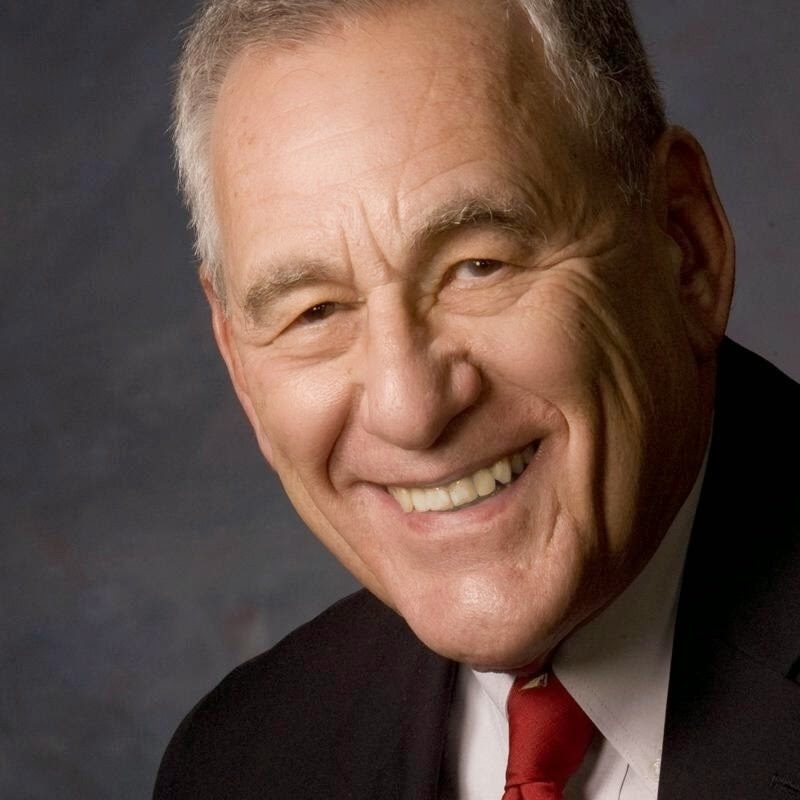Dealing with the coronavirus may be causing a political revolution.
The federal government cannot handle the all-out effort required to combat the virus – it depends on state governments. When the crisis has passed, it’s likely the country will find the power of states has increased.
States always had the prime responsibility for public health and safety, but became dependent on the central supply of services and greater funding found in Washington. Now, many are virtually begging for federally supplied ventilators and emergency funding.
At the same time, governors are making their own decisions about responding to the crisis. State legislatures, including Maine’s, have given governors almost dictatorial powers to take swift and broad action to allocate resources and mandate closures.
There really was no choice. Given the size of the country, requirements for preserving health and safety must respond to local circumstances. A crisis may not be the same everywhere at the same time. Management is left to the elected leaders closer to threats.
Also, responding to health and safety emergencies requires armies of personnel – doctors, nurses and other hospital personnel, law enforcement, crisis managers. The federal government could never maintain such staff.
In this crisis, where the federal government might have been expected to supply masks, gowns, respirators and other critical supplies, it has failed. Instead it told the states that procurement is up to them with whatever help federal agencies can provide.
More important is the obvious tension between President Trump and some states.
Until quite recently, Trump continually minimized the coronavirus crisis. The health problems led to economic setbacks, undermining the main support for his re-election effort. If people could see the COVID-19 situation as a mere passing flare-up, the economy could quickly recover.
The president tried to convince people that many die from the seasonal flu or car crashes without disrupting the country and its economy. The fact that both can be controlled and limited makes them sharply different from a virus that is uncontrolled and has a worldwide fatal spread.
But governors are on the front lines. Some have seen cases – and deaths – mounting rapidly. They cannot obtain enough tests, masks and ventilators to stop the increase. Maine has received less than 20 percent of what it requested from the national stockpile.
The Maine Center for Disease Control and Prevention reports daily – with hard data – on medical and social measures relating to COVID-19. The models the White House is using to predict the spread of the virus differ considerably from Maine’s current baseline. That could call the federal forecast into serious doubt.
The fight against COVID-19 promises to be a long one, no matter how much people would like to believe that Trump’s hopes and expectations can be achieved.
When the worst of the crisis has passed, states will not likely fade back into submission to the federal government. The virus may inoculate many against excessive dependence on Washington.
Beyond that, governors have experienced partisanship coming ahead of dealing with the crisis as a unified country. Washington was the first state hit hard by the virus. Speaking of Gov. Jay Inslee, who sought the Democratic presidential nomination, Trump said, “He’s a failed presidential candidate. He’s a nasty person. I don’t like the governor of Washington.” So he had Vice President Mike Pence talk with him.
Of the nation’s governors, Trump said, “I want them to be appreciative.” It seemed like the federal government was doing them a favor in providing assistance instead of helping them take care of their states in the national emergency he declared.
The states’ relationship with the federal government is coming up short. In part that’s because the states have allowed some of their powers, safeguarded in the Constitution, to slip to the federal government for one simple reason: money.
The federal government can borrow and create money; neither can be done at the state level. Politically, states have found it easier to depend on funds from the growing federal debt than paying their own way to protect health and safety. States have turned to the federal government for almost everything.
The COVID-19 crisis has shown states the consequences of excessive dependence on a federal government with different priorities than meeting their basic needs.
Congress could come up with more money to help states deal with COVID-19. But that aid may not lead states to overcome their doubts about relying on Washington.



